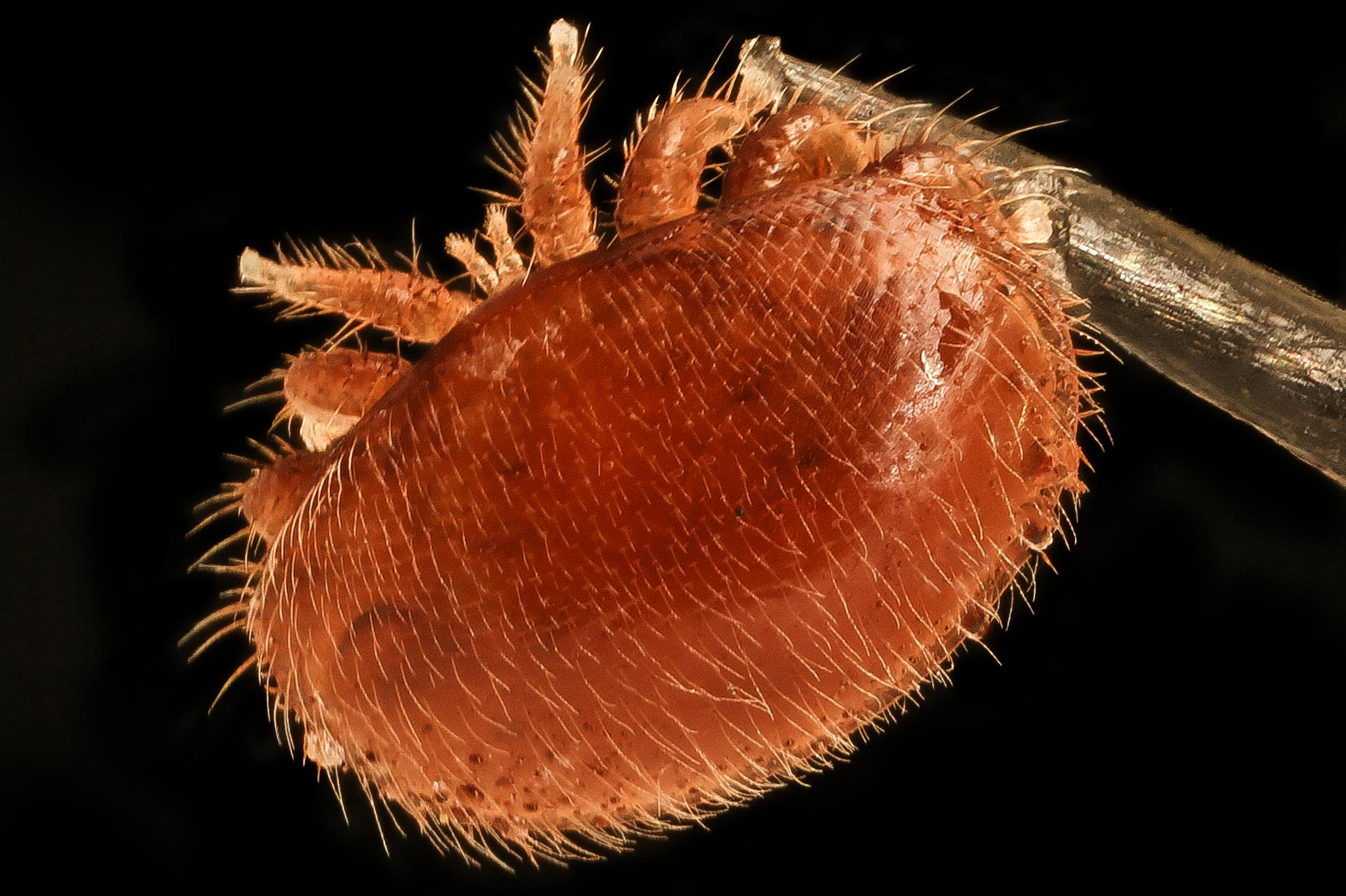News — October 23, 2024
Ohio State research licensed to Chemicals Laif offers new hope for beekeepers battling Varroa Mites
Columbus, OH, —Ohio State Innovation Foundation has licensed a promising new approach to combat the devastating varroa mite with Chemicals Laif. Brandon Shannon, a PhD candidate at The Ohio State University, has led this innovative research, targeting a parasite that has plagued honeybee colonies and threatened agricultural productivity for decades.
Honeybees are essential pollinators, crucial to the production of over 100 crops in the United States. However, these vital insects face numerous challenges, with the varroa mite, or Varroa destructor, being the most significant. This parasite weakens colonies by spreading diseases, contributing to the alarming rates of colony losses in the U.S.
“Varroa is one of the biggest challenges that I face, just as most beekeepers do,” Shannon said. “Many of the synthetic pesticides are not effective as they used to be due to the parasite evolving.”

The varroa mite, native to the Asian honeybee, was introduced to the European honeybee and subsequently arrived in the U.S. in the late 1980s. It became a major problem in the early 2000s, contributing to phenomena like Colony Collapse Disorder.
Shannon’s team at Ohio State developed a new formulation of oxalic acid, a natural pesticide, to improve the spreading, sticking, and penetration of the pesticide, increasing its efficacy against varroa mites. Preliminary trials have shown promising results, suggesting this formulation could significantly improve varroa mite control. The team has licensed the technology to Chemicals Laif, aiming to bring this innovative solution to market and provide a much-needed resource for beekeepers.
“This project exemplifies the innovative spirit at Ohio State,” Gary Pierzynski, dean of research and graduate education in the College of Food, Agricultural and Environmental Sciences. “This team’s work not only addresses a critical issue in agriculture but also showcases the potential for impactful, real-world solutions that originate from our university.”
Chemicals Laif, a pharmaceutical and veterinary chemical company, was established 40 years ago to support the health and nutrition of the livestock industry with a range of medical devices and feed additives. In the mid-1980s, the company introduced its beekeeping line, which eventually became its primary focus.
“Licensing this technology to Chemicals Laif accelerates the process of getting this vital tool into the hands of beekeepers,” said Adri Wilburn, licensing officer with Ohio State’s Enterprise for Research, Innovation and Knowledge. “This collaboration underscores our commitment to translating research into practical solutions that benefit society.”
Ongoing efforts focus on ensuring the safety of the formulation for bees, including extensive testing to confirm it does not harm bee larvae. Larger trials are underway to provide robust evidence of the new formulation's efficacy.
"We are confident in the progress we’ve made so far, and additional testing is underway to refine the product and maximize its effectiveness," said Giuseppe Pradella, research and development manager at Chemicals Laif. “Our goal is to ensure that beekeepers have access to a solution that not only meets their current needs but continues to improve over time, offering even greater benefits as we advance.”